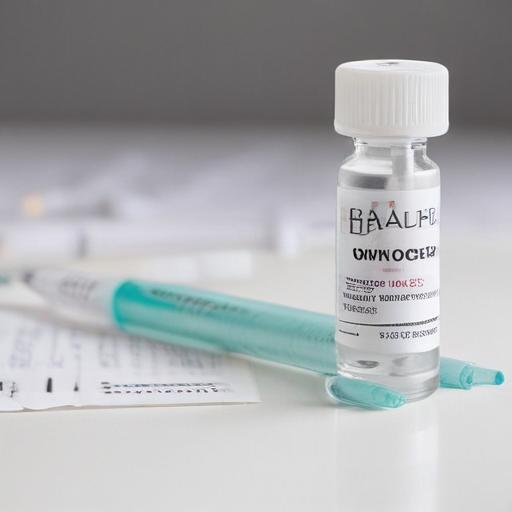A significant shift in COVID-19 vaccination policy has been introduced by the Trump administration, as the Food and Drug Administration (FDA) revealed that annual COVID-19 shots will no longer be routinely approved for healthy younger adults and children. The new requirements outline that updated vaccines will still be available for individuals aged 65 and older, as well as for children and younger adults with higher health risks.
Under this new framework, companies are encouraged to conduct extensive studies before approval of vaccines for healthier individuals. This approach could still ensure annual vaccinations for an estimated 100 million to 200 million adults. However, the updated guidelines raise concerns for those who may seek a fall COVID-19 shot but do not clearly fit into the specified high-risk categories. As Dr. Paul Offit, a vaccine expert at Children’s Hospital of Philadelphia, queried, the determination of high-risk status by pharmacies may complicate access to the vaccines.
The framework, published in the New England Journal of Medicine, marks a departure from years of recommendations that expected annual updates for COVID-19 vaccines, paralleling the approach taken for flu shots. Previously, the FDA approved updated vaccines based on evidence of equal immune response to earlier versions. However, this recent guidance, shaped under Health Secretary Robert F. Kennedy, indicates a pivot away from this standardized method, citing that the U.S. has been particularly aggressive in recommending COVID boosters compared to other countries.
Experts have voiced concerns regarding the efficacy of yearly vaccinations for certain demographics, with an advisory panel to the Centers for Disease Control and Prevention (CDC) set to discuss this topic next month. The FDA’s new framework seems to take precedence over this advisory role.
Overall, while the changes could streamline vaccine access for higher-risk groups, the impact on healthier individuals seeking preventive care remains uncertain. This policy shift highlights ongoing debates about public health strategies and the need for personalized medical recommendations. As health authorities continue to navigate COVID-19 responses, there remains hope that the adaptations could lead to a more tailored approach in vaccine distribution that better serves diverse populations.
